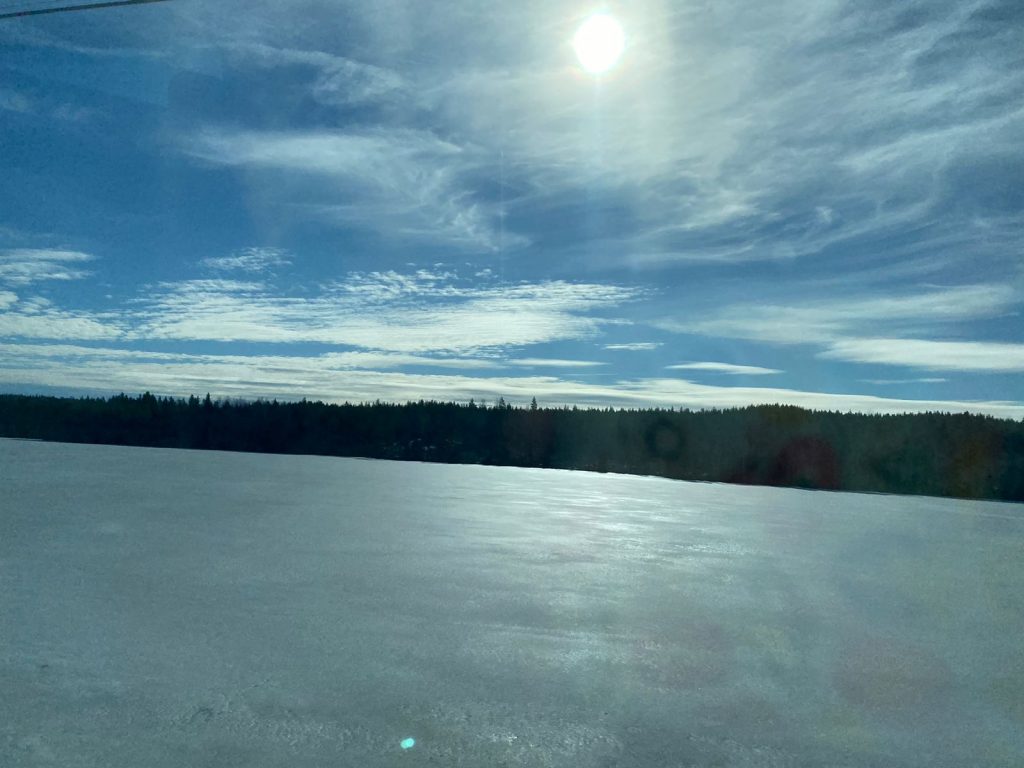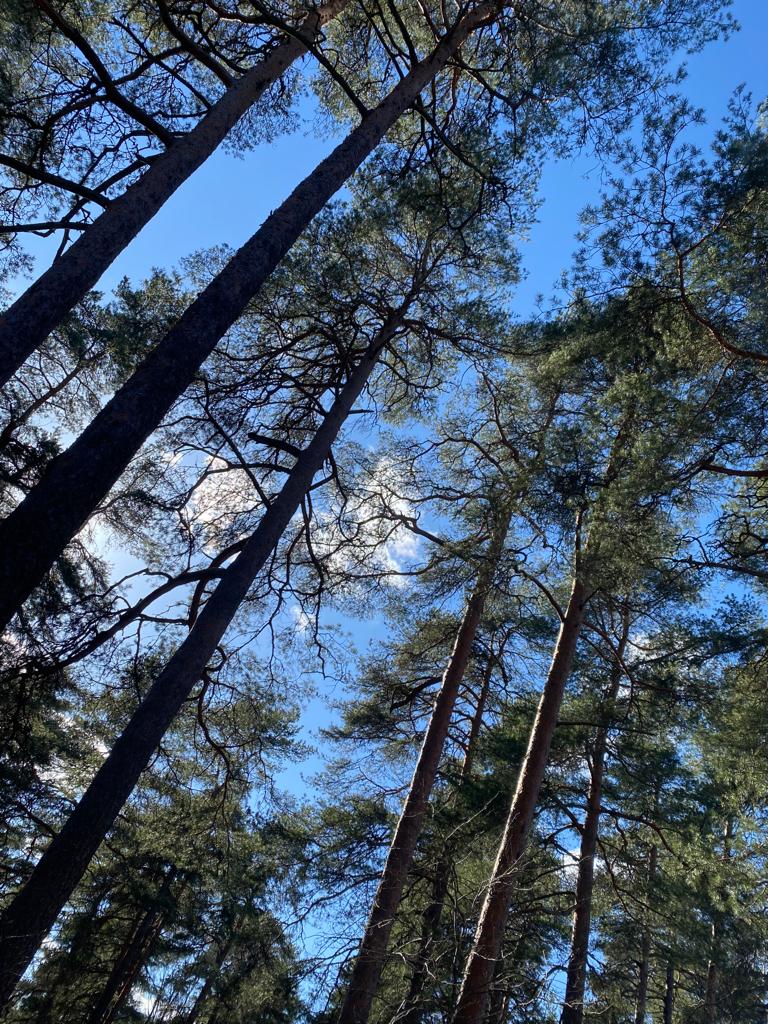Finding sisu as a EMJMD Student
Winter is coming to an end, leaving room for spring to come in and overwhelm us with sunny days and melting snow. As nature changes seasons, we also live through an everchanging journey, by leaving our home country to pursue an academic dream. It has its sour and sweet moments, and Finland has the right word to encompass everything that this adventure means: sisu.

What is “sisu“?
In Finnish, it literally means “guts” or “intestines”. According to herfinland.com, in 1745, a Finnish bishop used the term ‘sisucunda’ to describe the region of the body where strong feelings originate. Time went on, and it ended up being a philosophy which many Finns live by. They believe other people that are not Finnish have that ability born within them, but not everyone is brave enough to develop it.
Briefly describing the idea it encompasses, it could mean “inner strength”. It’s the type of inner strenght that comes during a trying moment in life, that pulls you out of your comfort zone and puts your world upside down. This inner strength is accompained by honor and integrity, and it allows you to take yourself step by step towards the goal you envision. You may not even know where did you get that inner power, it just comes within.
How can we use it? You can say that someone has sisu, for example: “Annalla on sisua” or “Anna on sisukas.” It translates as “Anna has sisu. ” or “Anna is filled with sisu.”. You can say “Sisua or sisulla vaan” (meaning “Use your sisu.”) when you are supporting another person who is facing a challenge. (herfinland.com)
When we think about that concept, we can easily relate it to our Master’s Studies. In this case, we searched for this change of zomfort zone, but that doesn’t make it any easier. Language barriers, climate changes, long-distance relationships make this adventure complicated, but somehow we managed it. We are at the brink of our last week in Joensuu, closing our first year’s studies, and while it was not easy, it is already highly reawrding. Our fellow classmate, Dennis Rosales, shares his own “sisu” experience:
“As they say, sisu is something that is innate and embedded. I’ve lived away from home half my life, and I think this helped me in nourishing my sisu and prepare me for Finland. However, living in a foreign country is a whole new experience. It was a challenge to build relationships outside the class given the diverse set of people you meet and given my introvert nature. Gladly, it always boils down to having the willingness, and sincerity whenever you deal with people on a day-to-day basis. Keeping this principle in mind led me to the right set of people I consider as my safe spaces. It’s really about the quality over the quantity of people you meet. And with that, I am pleasantly happy for trying to be a bit open. It also helped that Finland has this working and efficient systems that even when you are faced with an adversity, a facilitative environment is already in place to help you recover. This is true not only when in need of company, but also comes in handy when it comes to the practicalities of staying here in Joensuu.”
Ximena Calderón also has something to say about “sisu“:
“Winter in Finland was a very new and empowering experience and made me relate to the sisu concept in a way. Being resilient and having your goals well established are essential to face the challenges not only of winter, but in my case of being away from home, and missing many of the comforts that my home country offered me (family, friends and my dog). By being here, one understands that despite of the inherent ‘winter blues’ plus life occurrences, plus having to fulfill the academic expectations in an extremely different environment, one needs this inner strength to face the challenges to get to your goals.”
As any other human ability, “sisu” has to be cultivated carefully and consciously. The first step is to become aware of its existence, and how it has evolved alongside you through your life. Treating discomfort as a learning and growing opportunity might also help, as well as finding inspiration in your early ancestors and their lives. In the end, while it may be a “universal” feeling, your own life experiences make it unique.
